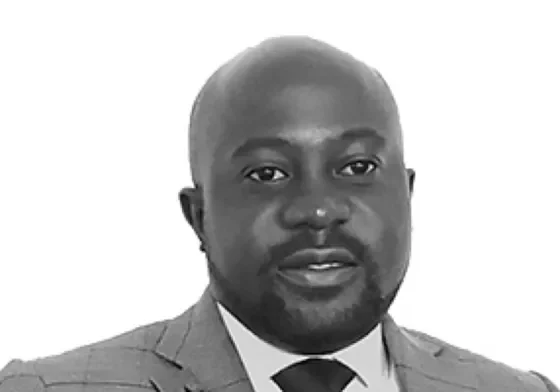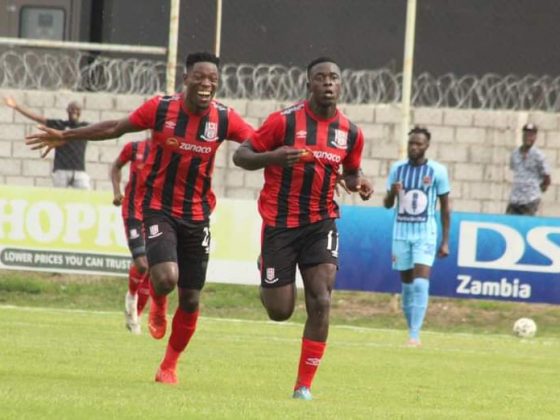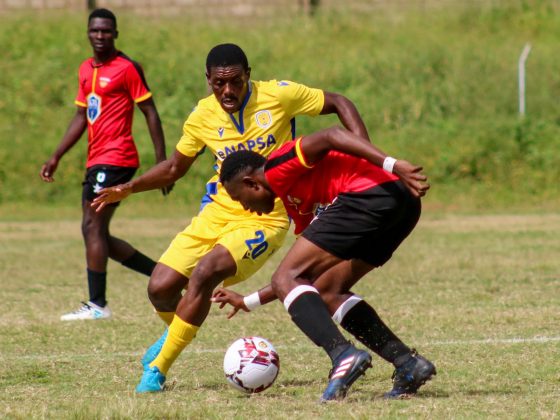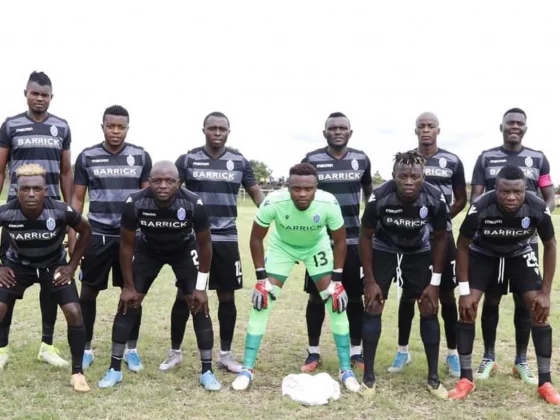YESTERDAY, Kenneth David Buchizya Kaunda born on 28 April 1924, also dotingly known as KK, served as the first President of Zambia from 1964 to 1991, celebrated his 95th birthday.
To those who may know it, Kaunda or KK is the youngest of eight children born to an ordained Church of Scotland missionary and teacher, David Kaunda.
He followed his father’s steps in becoming a teacher and was at the forefront of Zambia’s struggle for independence from British rule.
Dissatisfied with Harry Nkumbula’s leadership of the Northern Rhodesian African National Congress, he broke away and founded the Zambian African National Congress, later becoming the head of the newly founded United National Independence Party.
On becoming the first President of independent Zambia, Dr Kaunda also oversaw the acquisition of majority stakes in key foreign-owned companies.
However with political wind of change blowing the world over, it did not spare Zambia and with international pressure he was forced to change the rules that had kept him in power.
Multi-party elections took place in 1991, in which Frederick Chiluba (MHSRIEP), the leader of the Movement for Multiparty Democracy, ousted Kaunda.
But perhaps it is South Africa’s President Cyril Matamela Ramaphosa who has aptly described KK as a man full of selfless attributes which propel him to continue the fight against imperialism, colonialism and apartheid.
It is hard to forget his notable heroic sacrifices that contributed to South Africa’s political freedom and the emancipation of other countries in the region and beyond and which still remain to be admired by many upcoming political leaders.
He is that kind of a man who believes in fairness, justice and equal treatment of human beings regardless of their colour, creed, class or religion.
Of course as a human being he also made mistakes.
Many hated KK when he created a one-party state, effectively making Kaunda’s presidency a legal dictatorship.
From 1973 onward, his rule became increasingly autocratic as he personally appointed the Central Committee of then ruling party, UNIP, although the process was given a veneer of correctness by being ‘approved’ by a National Congress of the party.
In principle, Kaunda’s proposals could be rejected by Congress while in practice, his control over the party was such that they were always accepted without alteration.
Constitutionally, whoever was in good standing with the party was free to challenge him although no one did so because of his personality and chauvinism for dissent.
May be it is also for his push for peace which made him an exemplary leader and from which our current crop politicians should not feel chagrined to learn and adopt for the good our great Zambia.
At the height of freedom wars, Zambia was provoked right to the marrow, but KK refused the situation from degenerating into a nasty full-fledged war with her enemies of peace and oppressors of people.
KK however scored high on strong communication, passion and commitment, enthusiasm to get others excited because they could see and feel his dedication, positivity, innovation and collaboration which are unalloyed physiognomies of a good leader.
It goes therefore without saying that Zambians will remain highly appreciative to this man through his contribution to the liberation of Zambia and the SADC region and we can indeed only wish him consummate longevity.





